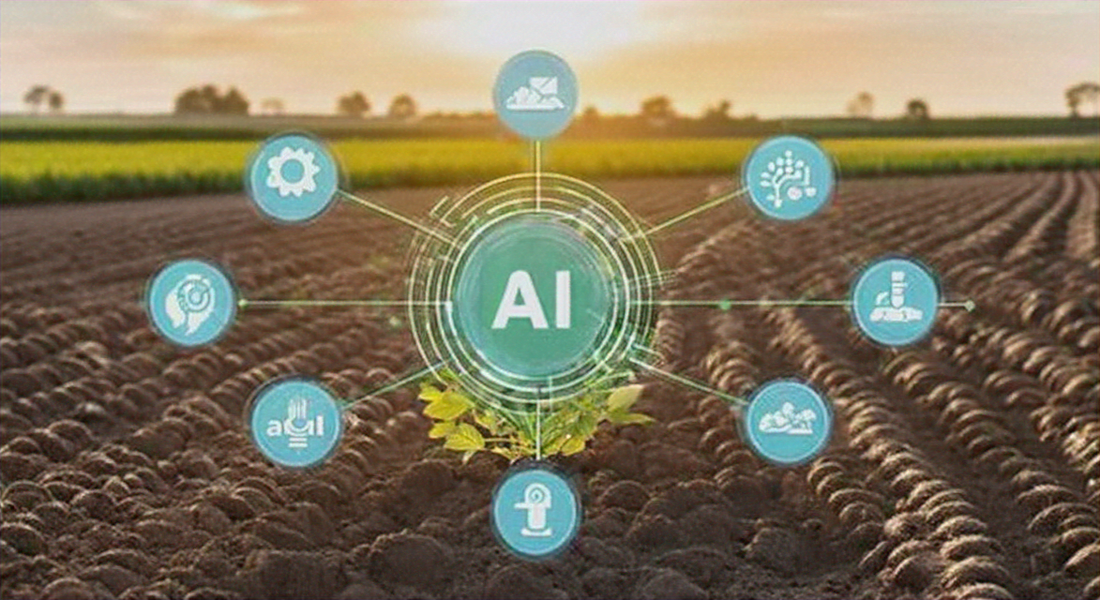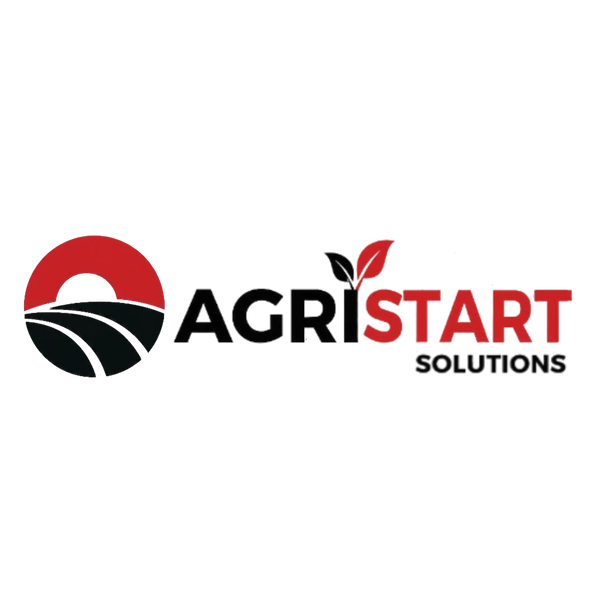
The Role of AI in Modern Agriculture: Optimizing Practices and Increasing Yields
Share
The Rise of AI in Agriculture: A Revolution in Farming
Agriculture, the backbone of human civilization, is undergoing a transformative shift, driven by the burgeoning power of artificial intelligence (AI). Traditionally, farming has relied heavily on human intuition, experience, and manual labor. However, AI is poised to revolutionize this industry, offering unprecedented opportunities to optimize practices, enhance efficiency, and boost yields.
How AI is Revolutionizing Farming Practices
AI is being implemented across various aspects of agriculture, bringing about a profound change in how we grow and manage our food sources. Here's a glimpse of how AI is transforming the agricultural landscape:
1. Precision Farming: Tailoring Inputs for Maximum Output
- Data-Driven Decision Making: AI algorithms analyze vast datasets from sensors, drones, and satellite imagery to provide real-time insights into soil conditions, crop health, and weather patterns. This data empowers farmers to make informed decisions regarding irrigation, fertilization, and pest control, optimizing resource allocation and reducing waste.
- Variable-Rate Application: AI enables precise application of fertilizers, pesticides, and other inputs based on the specific needs of different areas within a field. This targeted approach ensures optimal nutrient delivery and minimizes environmental impact.
- Smart Irrigation: AI-powered irrigation systems monitor soil moisture levels and weather conditions, automatically adjusting water delivery to ensure crops receive the ideal amount of hydration. This reduces water waste and improves resource efficiency.
2. Crop Monitoring and Disease Detection: Early Intervention for Higher Yields
- Automated Disease Detection: AI algorithms can analyze images captured by drones or cameras to identify early signs of plant diseases and pests. This allows farmers to intervene quickly, preventing widespread outbreaks and minimizing crop loss.
- Yield Prediction: AI models can predict future yields based on historical data and real-time conditions. This helps farmers plan for harvest, manage storage, and optimize market strategies.
3. Robotics and Automation: Streamlining Operations and Enhancing Efficiency
- Autonomous Tractors and Harvesting Machines: AI-powered robots can perform tasks like planting, weeding, and harvesting, reducing reliance on manual labor and increasing efficiency. This allows farmers to focus on more complex and strategic aspects of their operations.
- Precision Livestock Management: AI can monitor livestock health, track their movement, and optimize feeding schedules, leading to improved animal welfare and productivity.
The Benefits of AI in Agriculture: A More Sustainable and Productive Future
The integration of AI into agriculture brings numerous benefits, ushering in a more sustainable and productive future for farming. Here are some of the key advantages:
- Increased Yields and Productivity: By optimizing practices and reducing losses, AI can significantly boost crop yields and livestock productivity, ensuring greater food security.
- Reduced Costs and Resource Waste: AI-driven precision farming minimizes the use of fertilizers, pesticides, and water, leading to significant cost savings and a reduction in environmental impact.
- Enhanced Sustainability: AI promotes sustainable agricultural practices, helping conserve natural resources and minimize pollution.
- Improved Decision Making: AI provides farmers with data-driven insights, empowering them to make better and more informed decisions.
The Future of AI in Agriculture: A Promising Horizon
The future of AI in agriculture is brimming with exciting possibilities. As AI technology continues to evolve, we can expect to see even more innovative applications in the field, including:
- Advanced Crop Breeding: AI can accelerate the breeding process by analyzing vast genetic databases, leading to the development of crops with improved yields, resilience, and nutritional value.
- Vertical Farming and Controlled Environments: AI will play a crucial role in optimizing vertical farming systems, enabling food production in urban areas and minimizing environmental impact.
- Blockchain Technology: AI combined with blockchain can enhance supply chain transparency, traceability, and security, ensuring the authenticity and quality of agricultural products.
Conclusion: Embracing AI for a More Sustainable and Secure Food Future
The role of AI in agriculture is undeniable. From optimizing farm practices to boosting yields and promoting sustainability, AI is transforming the way we grow and manage our food sources. Embracing this transformative technology is crucial for ensuring a more sustainable and secure food future for generations to come.
